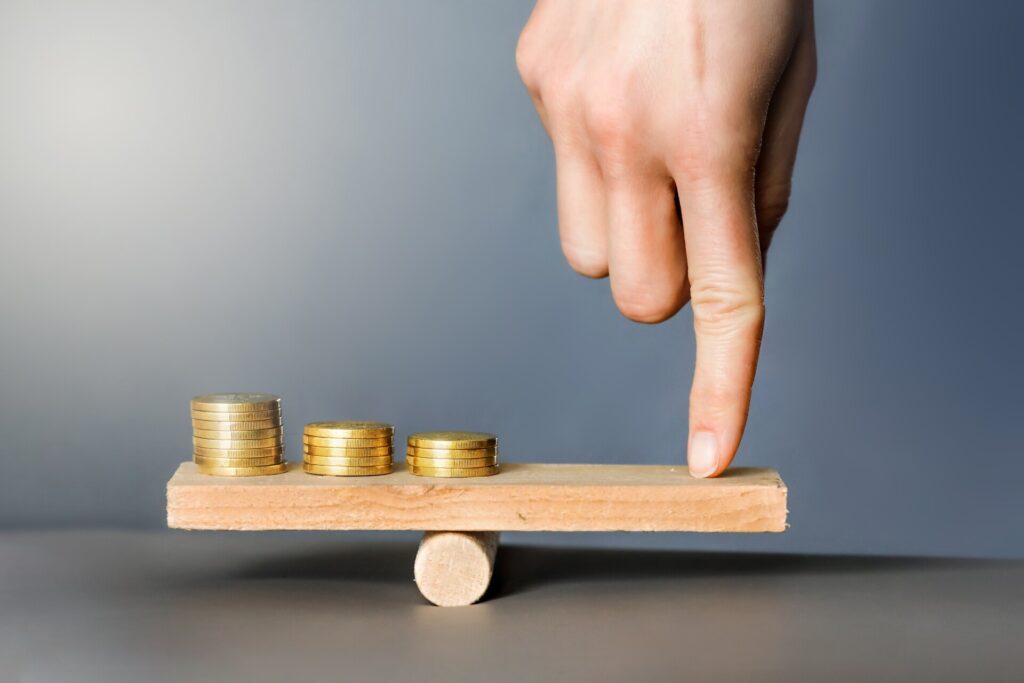Capital Appreciation
Written by Team 365 finance

Capital appreciation is the increase in an asset’s value that can occur over time. Assets such as shares, bonds and real estate can change in value over time, resulting in capital appreciation (if an asset increases in value) or depreciation (if the asset decreases in value).
Investors buy assets for several reasons. Some assets, such as precious metals, don’t generate any investment income through dividends or interest income. Assets of this type can only create income through capital appreciation.
Other assets, such as shares, can generate investment income through dividends, as well as through capital appreciation.
Capital appreciation is one of the most important concepts to understand if you’re interested in investing. Below, we’ve explained in detail what capital appreciation is, how it occurs and why it’s so important for investors.
What is Capital Appreciation?
Capital appreciation occurs when an asset increases in value over time. It’s calculated by taking the amount you paid for the asset originally and subtracting it from the asset’s new, higher value after appreciation.
For example, if you buy a house for £200,000 and the house’s value increases to £400,000 over the next five years, you’ve earned a return from capital appreciation of 50% of the initial value of the asset.
Another example is the purchase of a certain share. If you buy a share for £5 and it trades at £8 six months later, it’s produced a return of £3 from capital appreciation. This amounts to a return of 60% on your investment — a very good return, considering the short time period.
Capital appreciation is different from a capital gain. Capital appreciation can occur passively as you own an asset (for example, by the market price for an asset type increasing). A capital gain occurs when you sell the asset and the appreciation becomes a realised gain.
For example, if you sell the house in the example above, you’d make a realised capital gain of £100,000 from the sale. Not only would you get back the £200,00 you spent to buy the house in the first place — you’d also get an extra £100,000 thanks to its increased value.
Why Capital Appreciation is Important
Capital appreciation is extremely important for investors. Along with investment income (such as dividends paid to you as the owner of a share), capital appreciation is one of only two categories of investment return.
Many savvy investors look specifically for assets that they think will appreciate in value. Buying an investment at the right time can often result in lots of appreciation. Often, capital appreciation makes up a larger percentage of an investment’s return than its investment income.
Why Does Capital Appreciation Happen?
Capital appreciation can occur for a wide range of reasons. If you buy a property in an area that is rapidly becoming desirable, the increase in interest from other buyers could lead to increased home prices in the area, making your property more valuable.
If you purchase shares in a company that starts to grow quickly and outperform the competition, the market price for your shares could increase.
Capital appreciation can also happen as part of larger economic improvements. For example, if the economy is doing well and the country’s GDP grows by a large amount, or if monetary policy results in low interest rates, some asset classes might experience a general increase in value.
The Risks of Capital Appreciation
As an investor, capital appreciation is a good thing. If you purchase an asset and its value goes up, you’ve increased your net worth.
However, it’s important to remember that capital appreciation results in unrealised gains, not in cash. Put simply, capital appreciation is a paper gain until you decide to sell some or all of your ownership of the specific asset.
For example, if you buy shares and their value increases by 60%, your investment has made a very good return. However, it’s also possible that the investment could decrease in value in the future, potentially affecting the total amount of realised profits you earn.
Because of this, it’s important to think strategically when your investments increase in value. In some cases, its value could increase further. In other cases, such as an asset price bubble, the value of the asset could decline in the future as other investors attempt to sell.
Summary
Capital appreciation is one of the most important investment concepts to understand, especially if you like to invest in assets such as shares, bonds, precious metals and real estate.
By researching your investments and picking carefully, you can potentially generate a significant return via capital appreciation. If you decide to sell the asset, you can turn this appreciation into a realised capital gain.